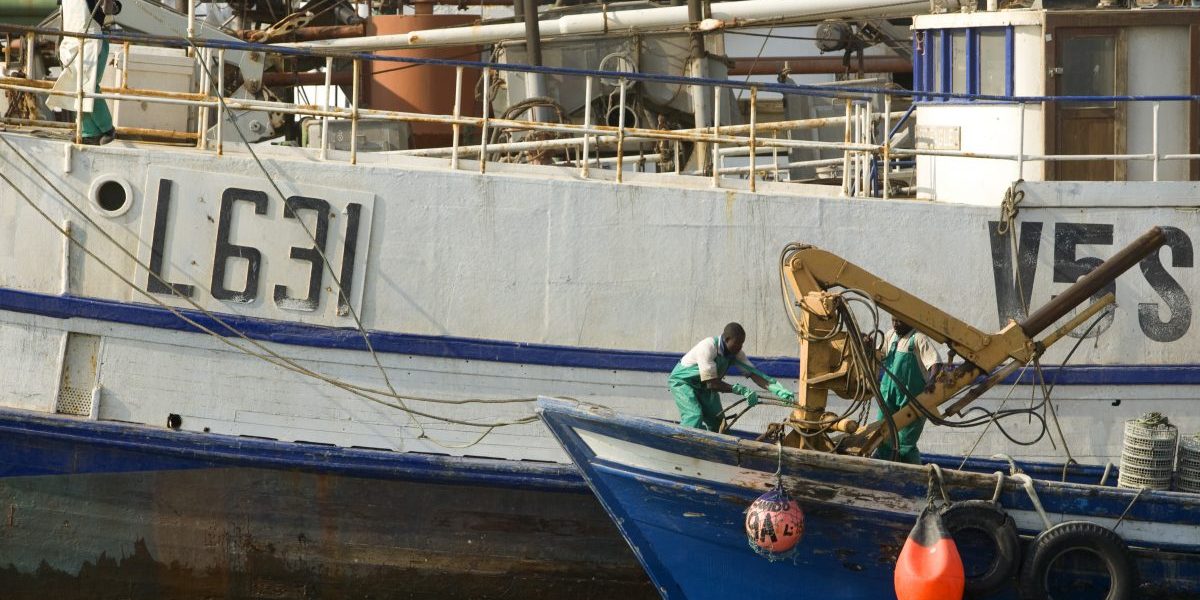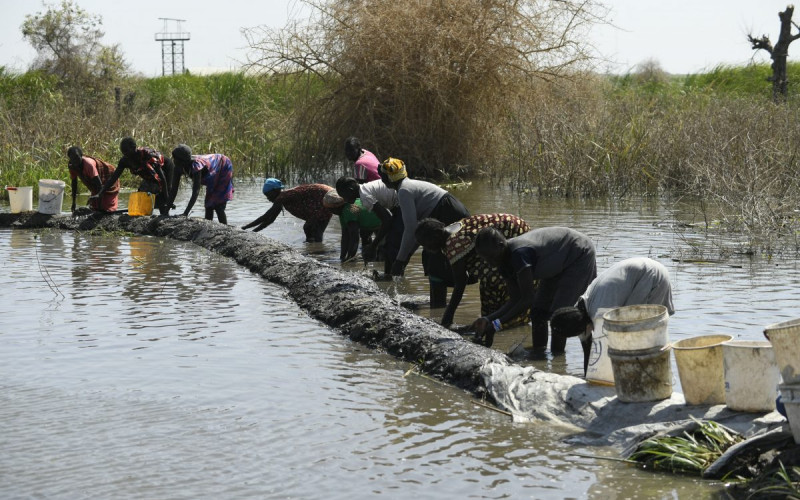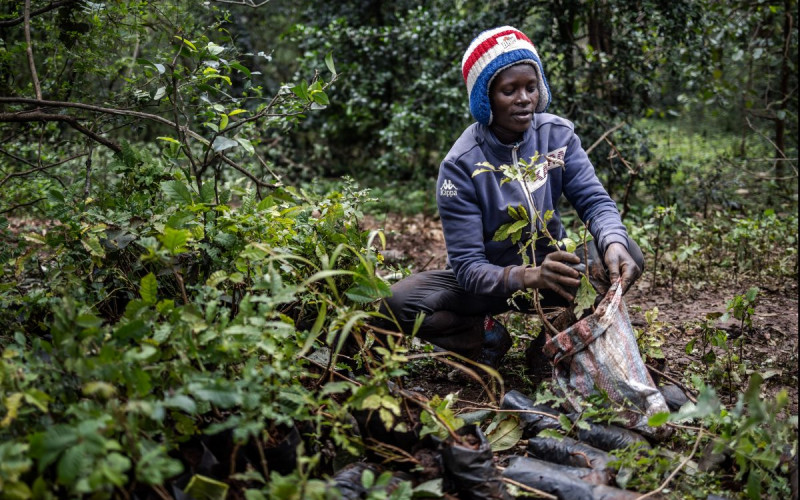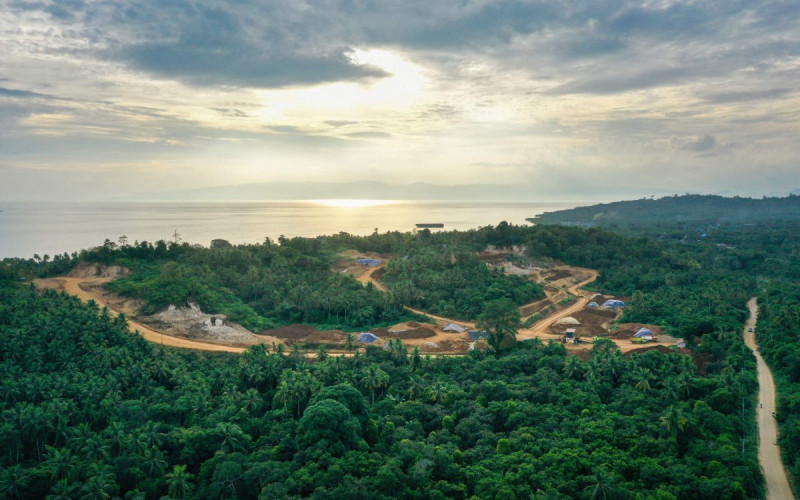Namibia has forfeited a portion of the rents produced in the fisheries sector in order to incentivise local ownership and job creation through its Namibianisation policies. However, the depth of reform in ownership patterns has been questioned. The country’s fish stocks were heavily overfished in the pre-independence period and this may have contributed to key and lasting shifts in the marine ecosystem. The fisheries sector remains a key component of the Namibian economy but, just like many other African states, the country faces difficult choices in balancing demands for growth, sustainability and equity.
While recognising that Namibia’s fisheries system differs in important ways from those of many other African coastal states, this paper argues that the key lessons emerging from Namibia’s experience are directly relevant to these countries. These lessons include the need for strong political leadership to address illegal fishing activities, the importance of developing an effective system to capture rents generated by fisheries, and the need to ensure that the exploitation of fisheries resources has a direct developmental impact on the national economy.







